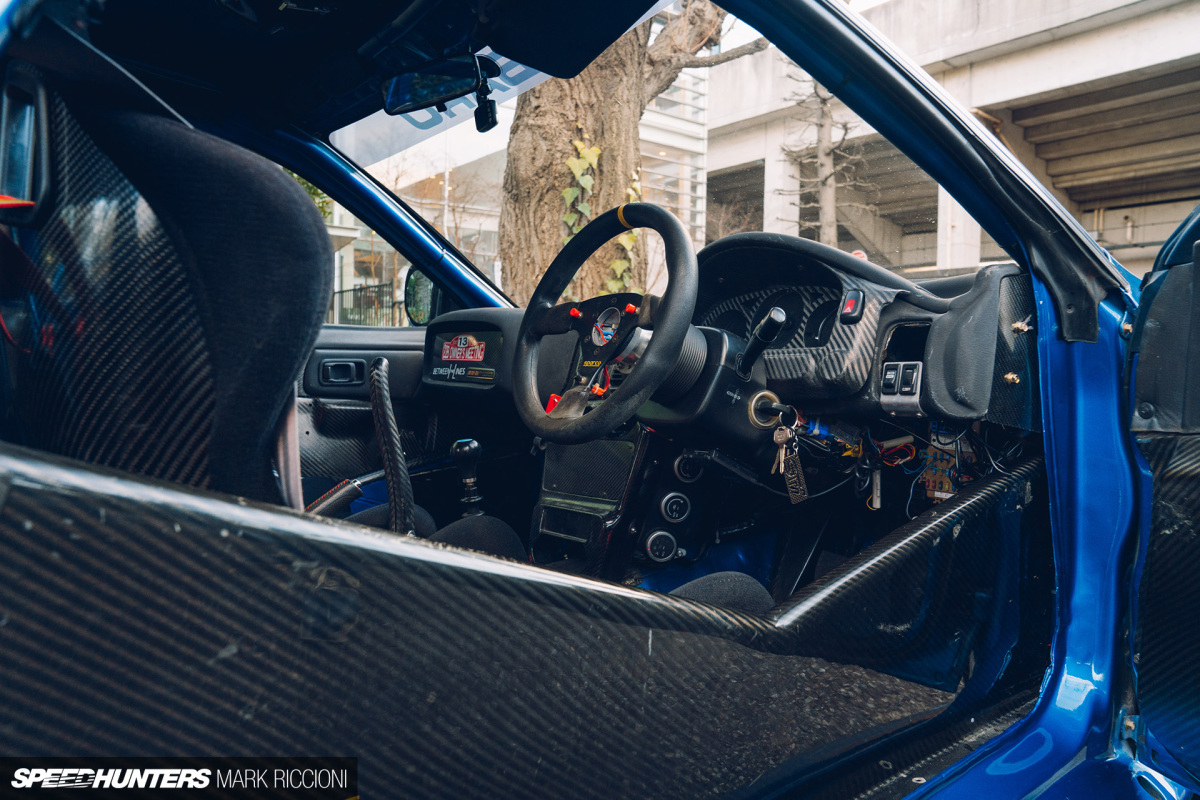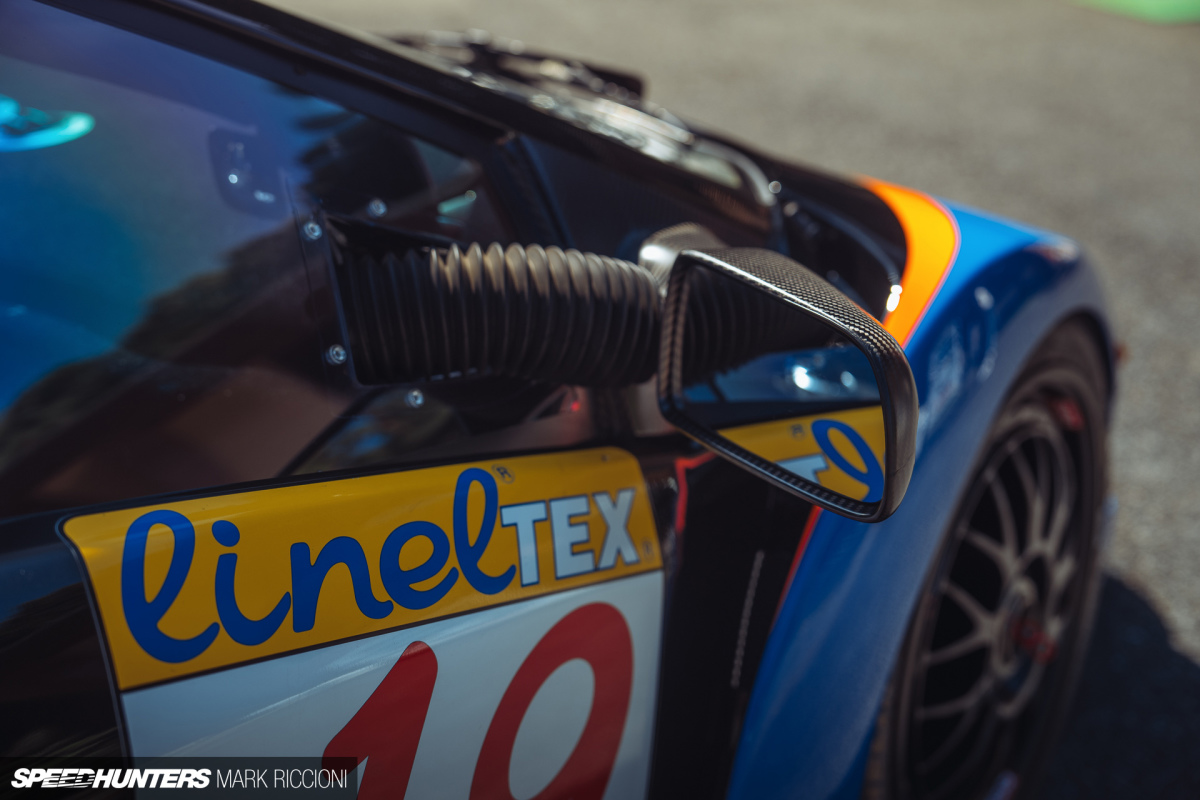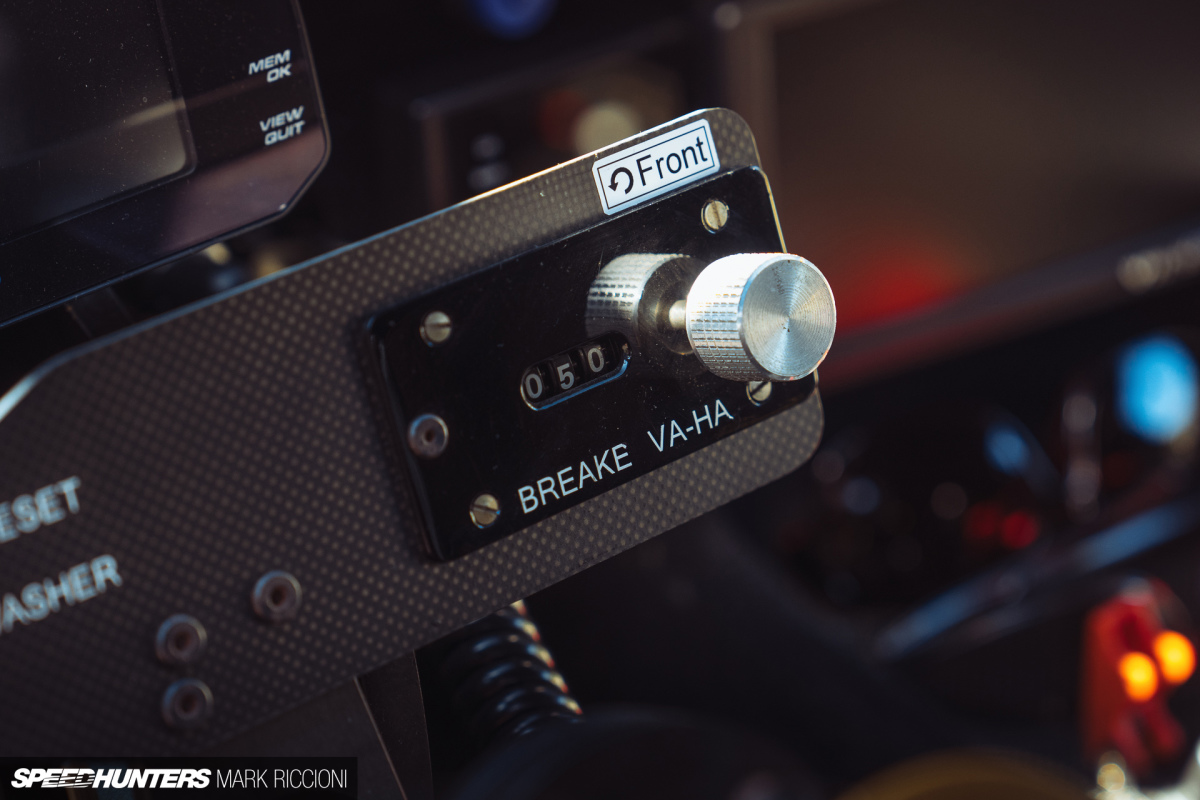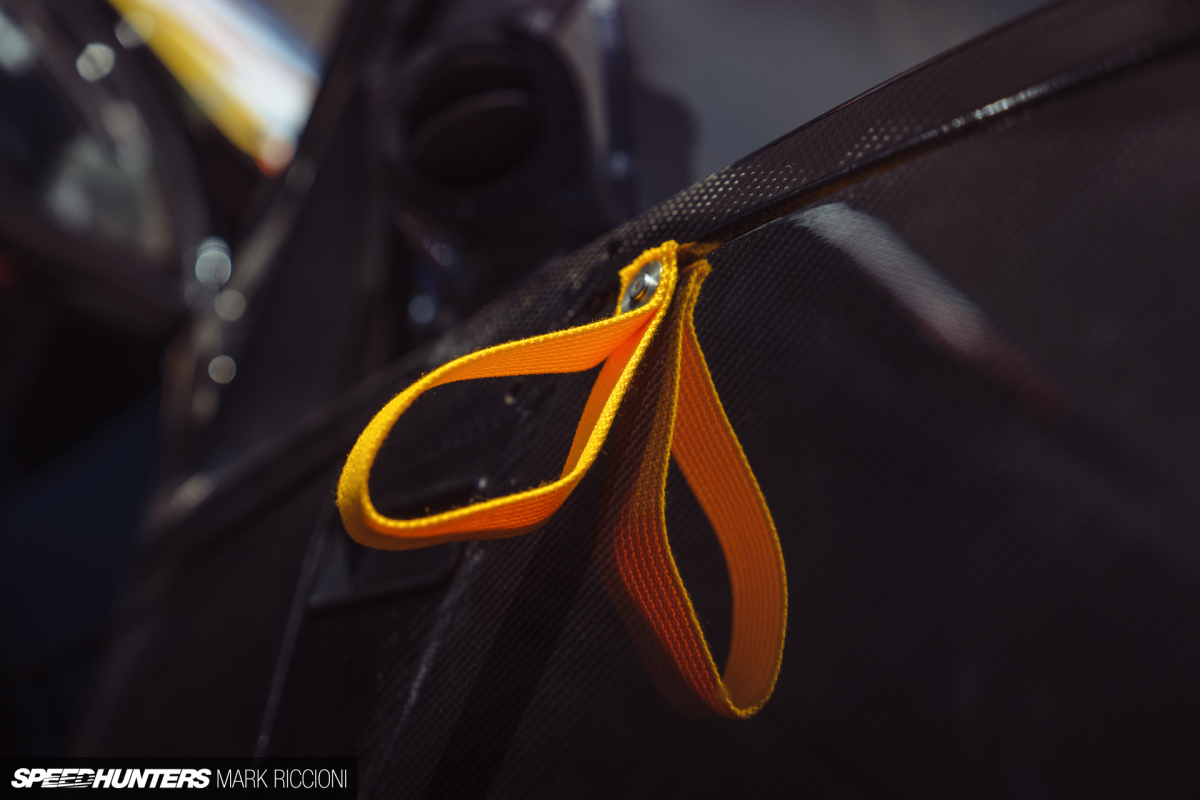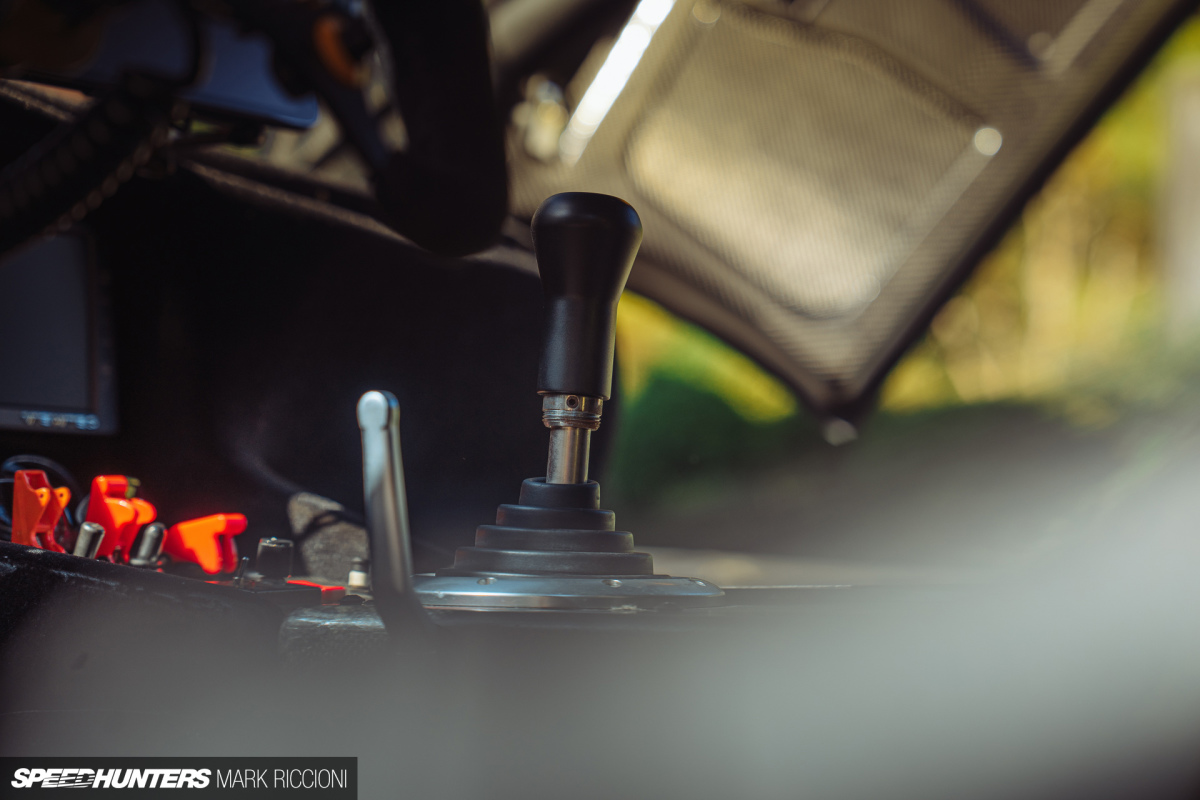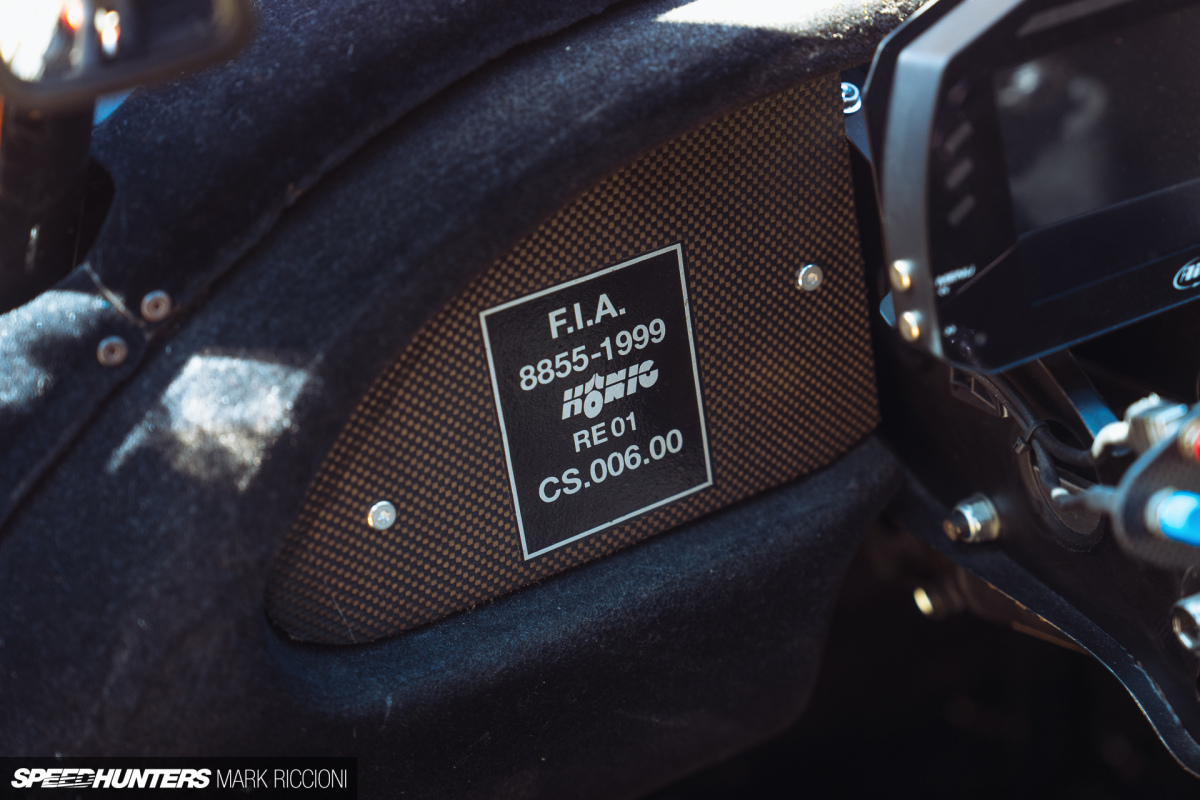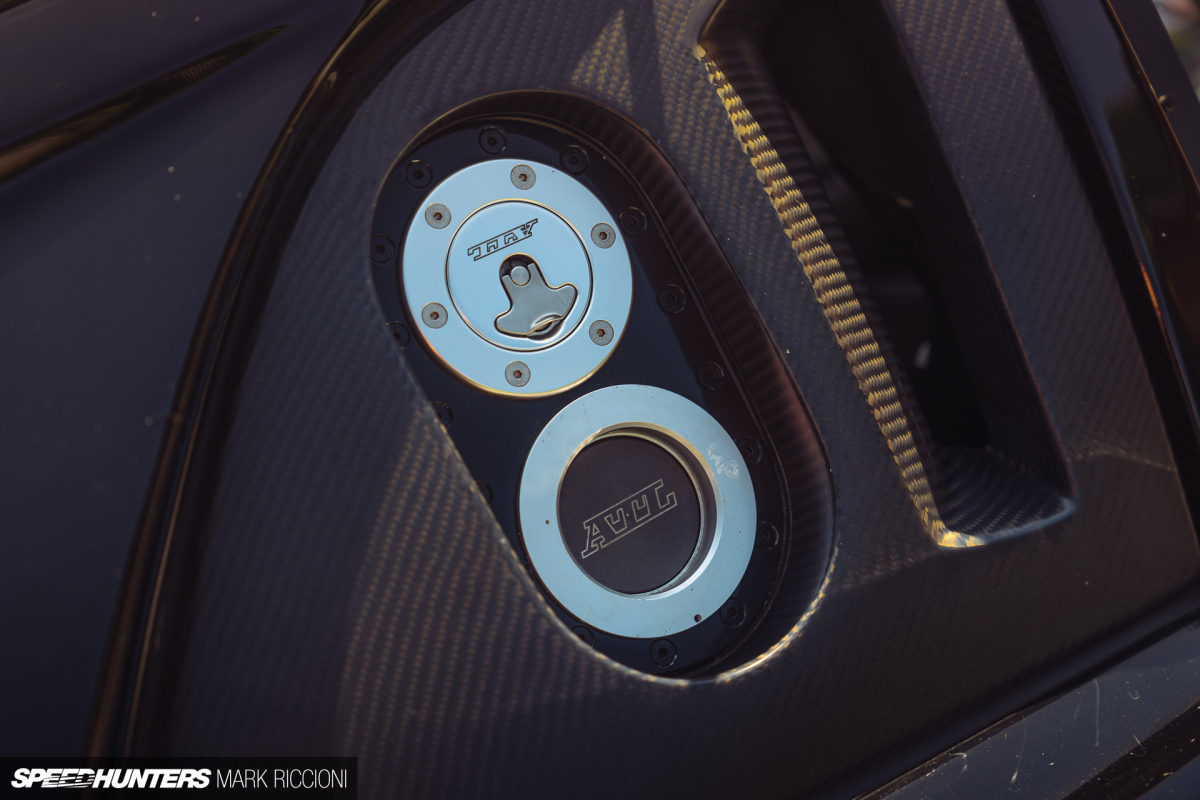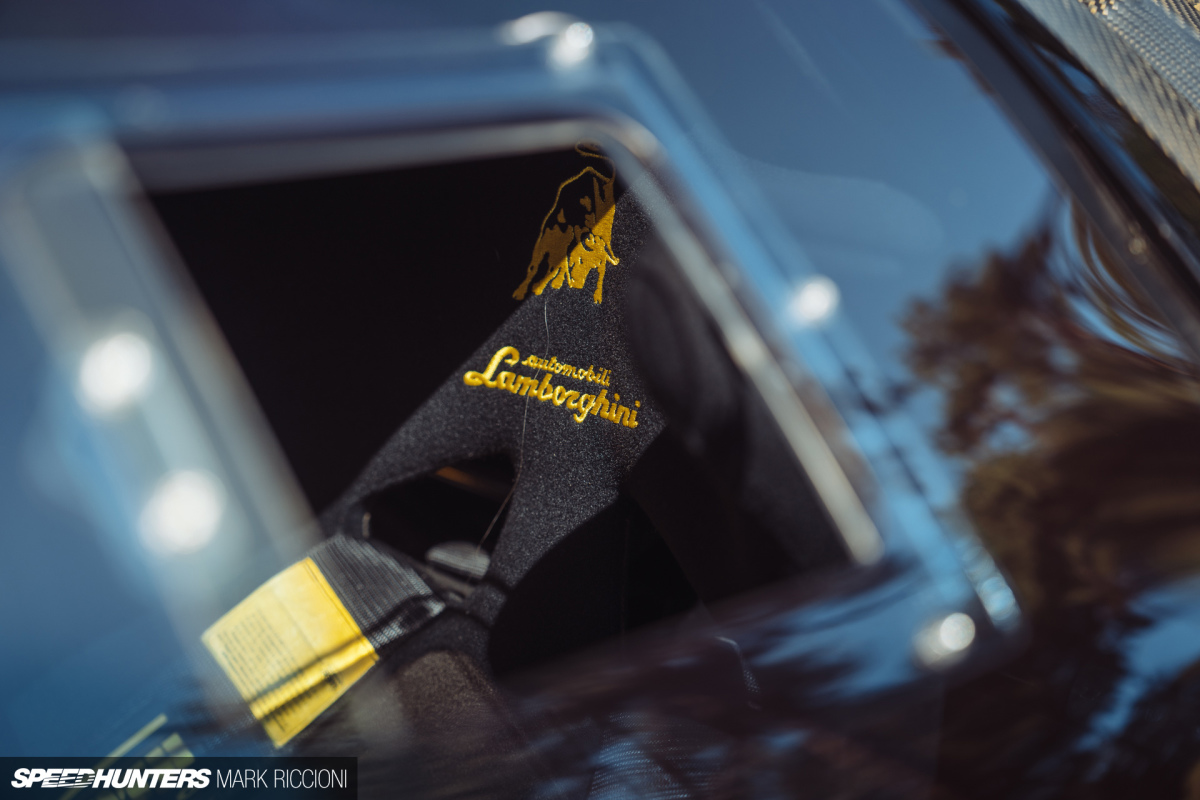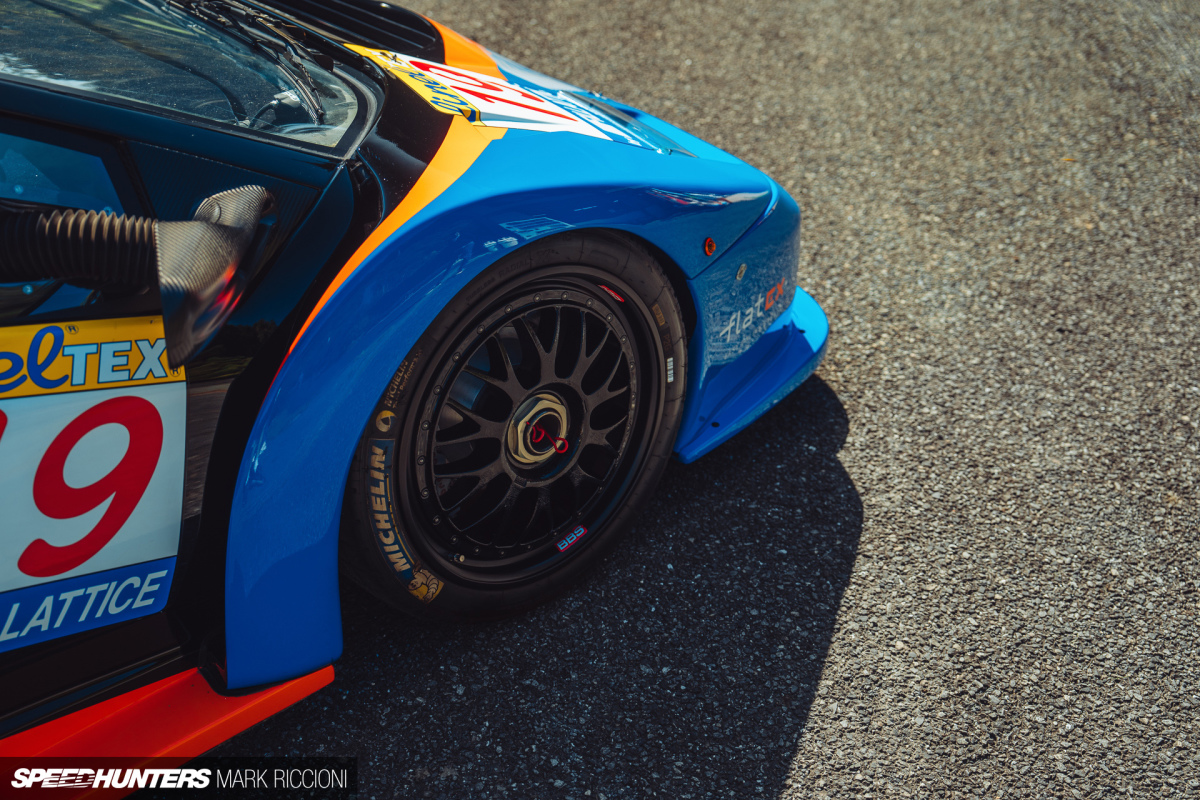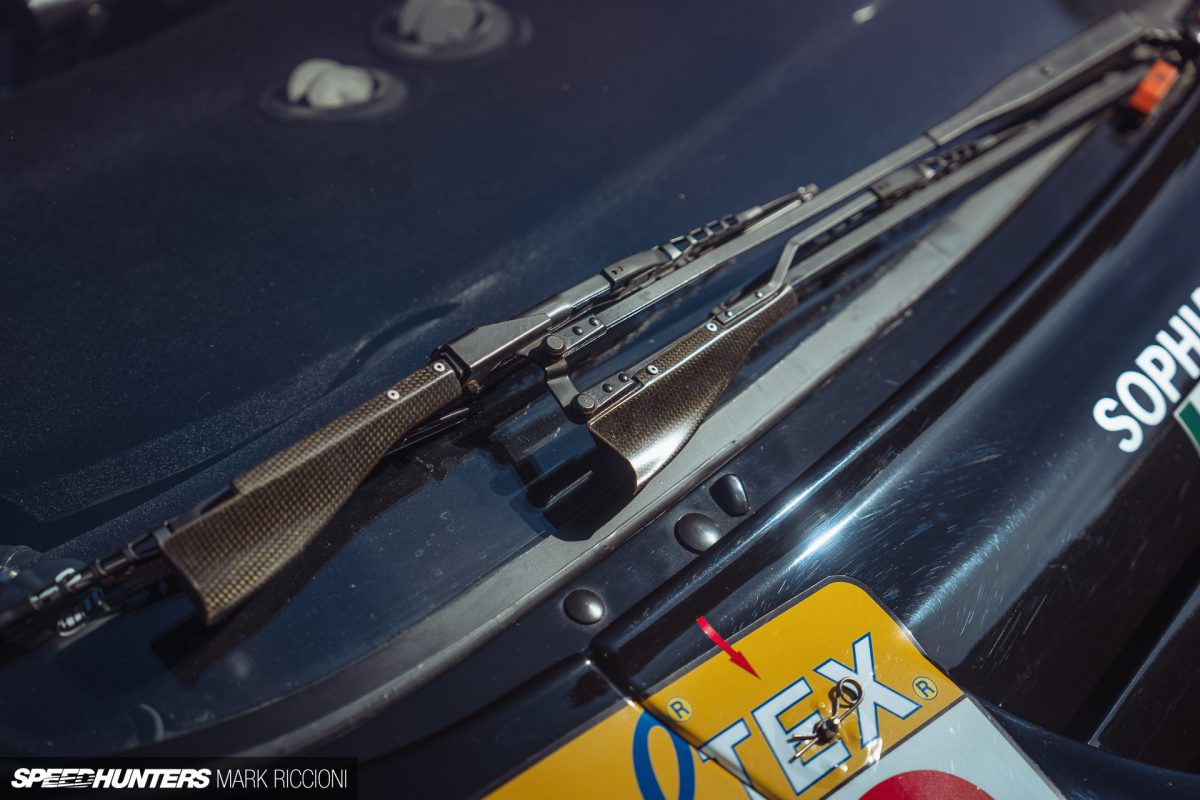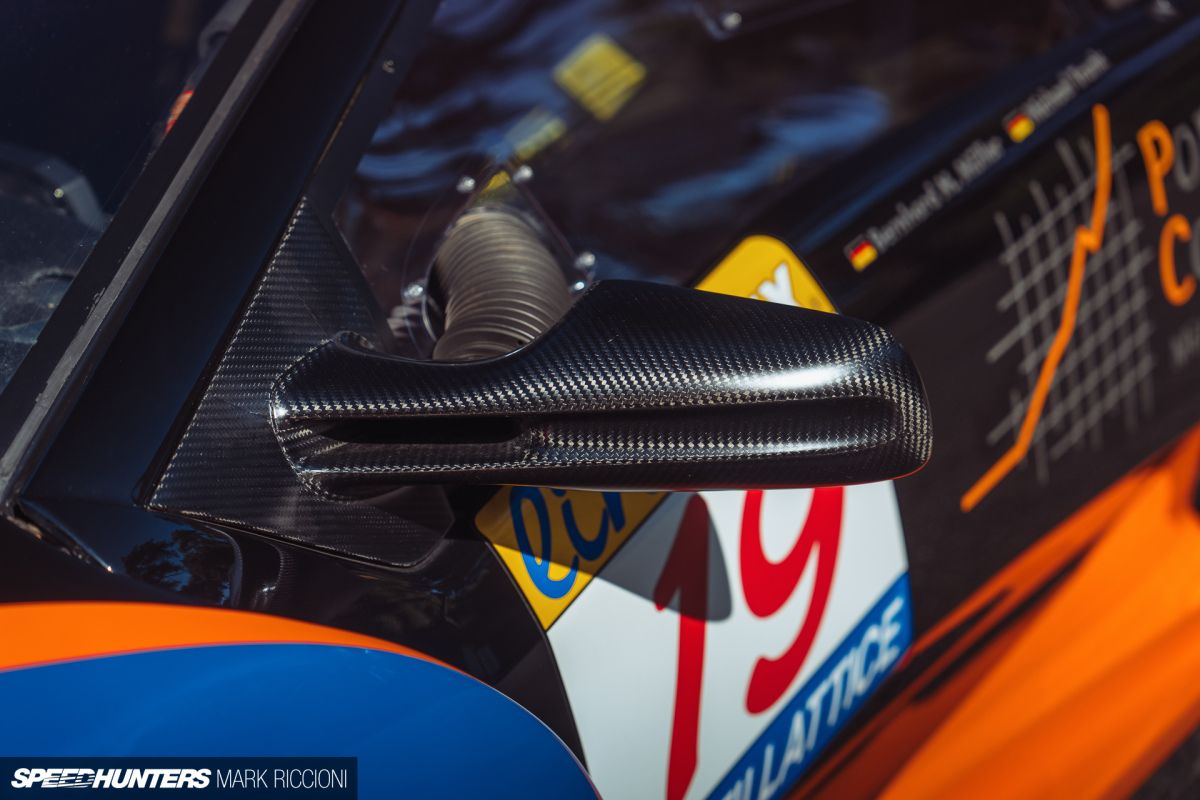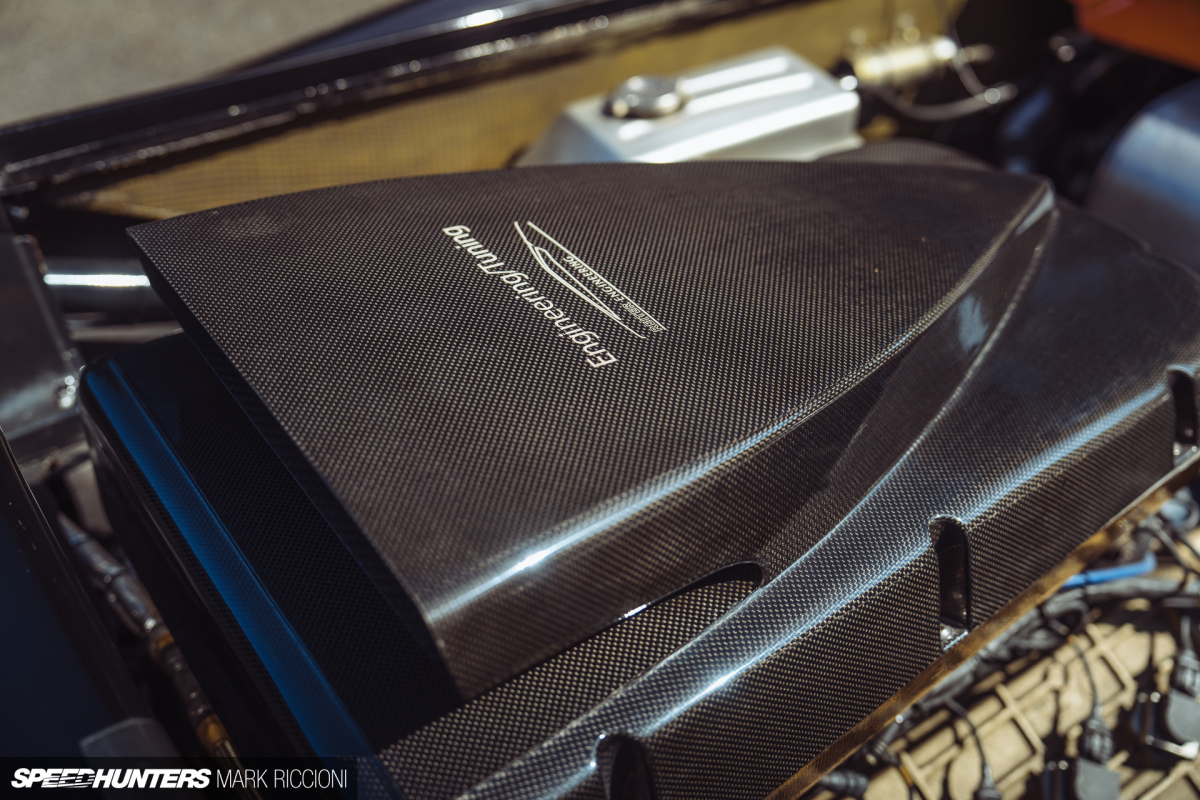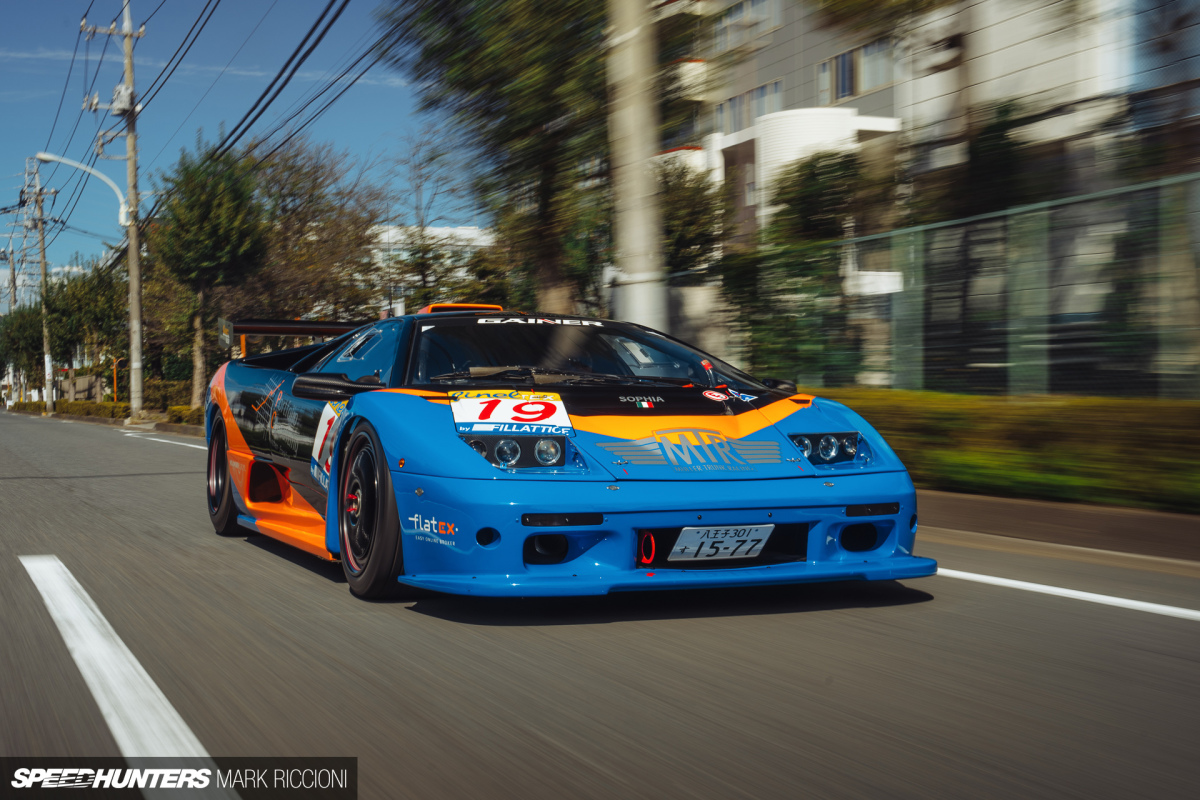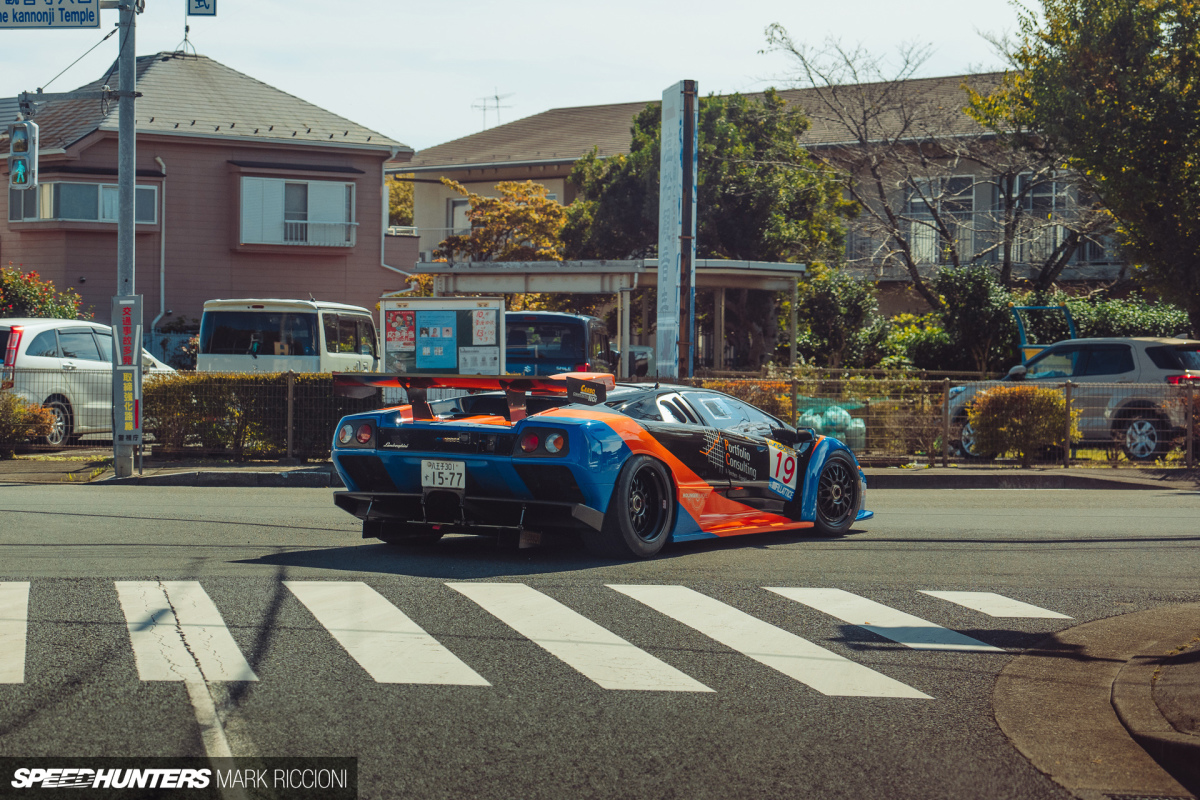As a nation famed for its persistence, self-discipline, and peace of thoughts, the Japanese appear to have a behavior of restoring probably the most unforgiving and uncompromised race vehicles to the street.
Most likely probably the most well-known – or most documented, no less than – is Takeshi Moroi’s Porsche 962C featured by Dino again in 2012. A long time earlier, this might’ve been thundering down the Mulsanne Straight at over 200mph. Nevertheless, seeing it parked in entrance of a Tokyo Household Mart is someway much more spectacular.

Should you want your race vehicles extra suited to something however easy tarmac, Junya Matsushita’s S4 Subaru Impreza is the epitome of ’90s WRC. Constructed by Prodrive for the 1998 season and imported from the Netherlands in 2010, Junya spent years painstakingly restoring it to its former glory. Costly, however price each penny.

And for these with out the finances to sink right into a reputable ex-racer, all hope isn’t misplaced. Merely ditch all of your automotive’s comforts and spend a terrifying period of time sourcing period-correct components like wheels and spoilers, and the result’s your very personal road-going duplicate. A ardour shared by Mashahiko Yamazai and his associates as they rip across the streets of Saitama of their Tremendous Touring-inspired builds.

Race vehicles will at all times be cool. That’s an announcement each Speedhunter will be united on, and their attraction for being transformed from observe to street use virtually at all times comes again to the identical motive: to create the rawest, most unfiltered and visceral driving expertise possible… with out having to go to the observe first.

Is that this at all times pleasing? Completely not. The fact of proudly owning a real race automotive for the street – versus a street automotive tweaked for the racetrack – could be a lot extra painful. And I say that as somebody who owned a road-going Ferrari 360 Problem automotive for almost 5 years, which subsequently spent lower than 12 months truly match to be used.

However once in a while, one thing so unhinged comes alongside that surprises even probably the most seasoned Speedhunter, one thing so obscure and ridiculous it goes past the how is it on the street and firmly into the why. As a result of within the recreation of road-legal race automotive Prime Trumps, Syuichi Kinoshita has an virtually unbeatable hand…


The Lamborghini Diablo wasn’t precisely wanting a particular version. Between 1990 and 2001, a complete of two,907 had been produced in Sant’Agata, with 18 totally different variations out there over that point. The majority of these (873) had been 2WD Diablos between 1990 and 1996, adopted by the VT and VT Roadster (together with the later 6.0 in 2000/2001), which between them account for nearly two-thirds of Diablos produced.

Delving into the extra restricted fashions, the SE30 accounts for simply 157 items, adopted by the GT with simply 81 being constructed between 1999 and 2000. Then, there are the 2 racing editions – the SV-R and GTR – restricted to 30 items every and completely constructed for racing. Though, in keeping with Instagram, most of those now seem like road-legal and residing in Japan, too…

Nevertheless, all of those numbers look positively mass-produced in comparison with what’s tucked away in Kinoshita-san’s storage. Not solely is it one among two REITER Engineering-prepared Diablos constructed for competitors within the GT2 racing class, nevertheless it’s additionally the one one which’s road-legal. And that wasn’t a requirement for competitors use or REITER feeling notably spicy; that’s all on Kinoshita-san who, after acquiring the automotive in a reasonably dangerous state, determined he would possibly as properly throw within the further bits wanted to get it authorized for its shaken (roadworthiness) inspection whereas reassembling it.

“A buddy of mine spent almost three years monitoring down and acquiring the automotive, however as soon as it arrived, the dimensions of labor required was an excessive amount of for him to deal with,” Kinoshita-san explains. “On the time, I already owned a Gallardo LP560, so I understood the attraction and theatre of a Lamborghini. It could take a very long time to rebuild and reassemble the REITER GT2 Diablo – round 10 years in whole – and as of late, the components are virtually inconceivable to search out. And for the components you possibly can acquire, values have skyrocketed!”

REITER was shaped in 2000 by racing engineer Hans Reiter, and the GT2 Lamborghini Diablo can be the primary official REITER-prepared automotive to compete within the FIA GT championship. Taking the already potent Diablo GT as a base, REITER extensively modified each vehicles to fulfill the GT2 rules, with the 6.0-litre V12 engine producing almost 600hp.

This GT2 Diablo would mark the start of REITER’s Lamborghini journey, as for the following 14 years, they’d be answerable for growing and making ready all of Lamborghini’s race editions, together with the Gallardo GT3 and the brutal Murciélago R-GT.

“I’ve at all times cherished vehicles from a younger age, and as quickly as I might drive, I’d get pleasure from modifying no matter I owned to make it really feel extra like a race automotive on the road,” Kinoshita-san remembers. “At first, I began with an EP71 Starlet, then a JZX90 Mark II and even a GX71 Cresta. I purchased my first Lamborghini – the Gallardo LP560 – afterward as a result of I cherished how tough, highly effective and engaging it appeared. It had the seems to be and efficiency of a racing automotive, nevertheless it was nonetheless very simple to make use of on the road. Rapidly, I grew to become obsessive about all issues Lamborghini, and when the chance got here to purchase the REITER GT2, I couldn’t say no.”

With solely two vehicles in existence, the primary difficulty Kinoshita-san confronted was attempting to exchange any lacking or broken elements – a lot of which required custom-making and took months to reach. Fortunately, the 6.0-litre V12 and Holinger sequential gearbox had been nonetheless in good situation, and regardless of its racing historical past, the all-carbon exterior was full, together with the GT2-specific elements such because the diffuser, rear adjustable wing and entrance splitter. Kinoshita-san knew early on that he wished to get the GT2 road-ready, so throughout this course of, he took a number of measures to try to make it a bit of simpler to take care of sooner or later.


“In racing type, there aren’t any exhaust restrictors, so it’s loopy loud!” he provides. “I put in a number of silencers and an exhaust valve to maintain the Diablo quiet at low pace, which I feel my neighbours had been very pleased about. For racing, the gasoline tanks are a bag in a Kevlar case, however these expire each few years and are very costly to exchange. So, we created an aluminium tank as a substitute, and on the similar time added a entrance nose-lift system; in any other case, it will be too low to drive into most fuel stations.”

“The one factor I’d nonetheless like to vary is the steering rack as a result of attempting to get round Japan’s tight roads takes many makes an attempt, however it’s a small worth to pay to get to make use of such a loopy automotive on the street.”
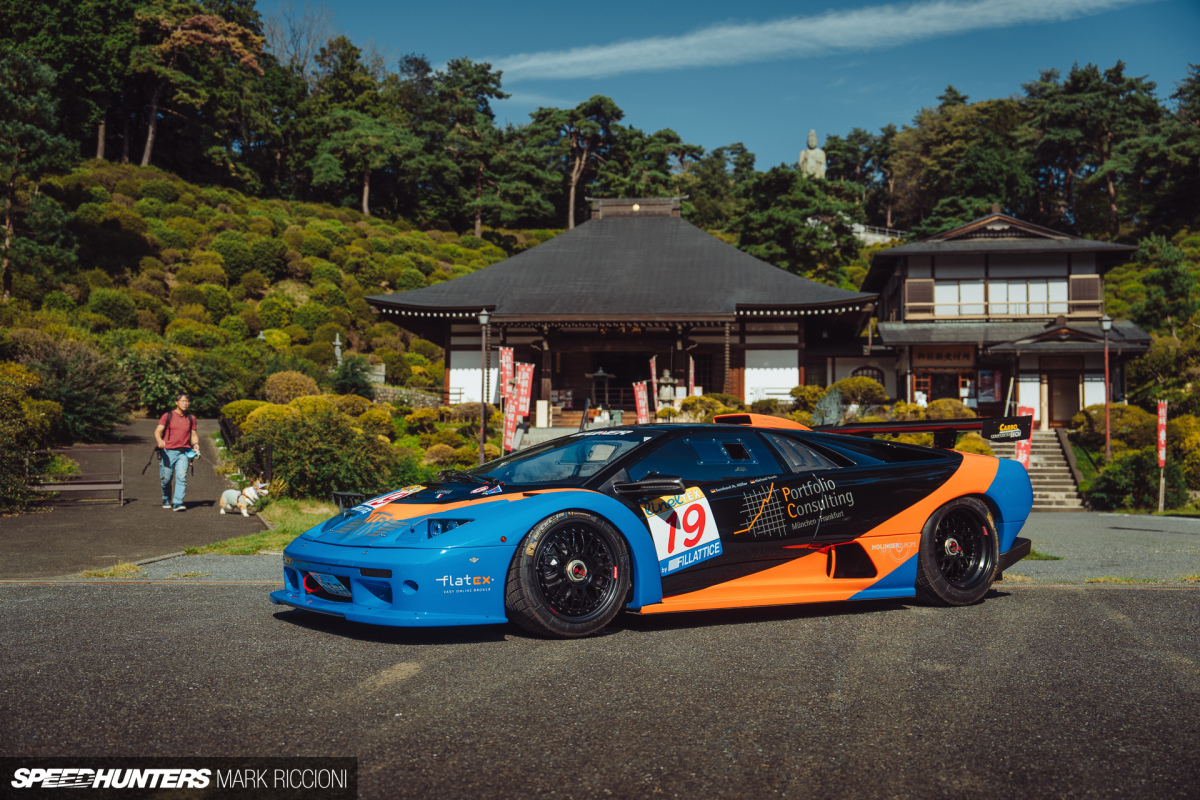
Watching Kinoshita-san thread the Diablo by Tokyo is nothing wanting jaw-dropping. Apart from the warmth – which Kinoshita-san has tried to fight with a token 12V fan within the footwell – it’s surprisingly well-mannered and unusually quiet. Till the exhaust valve flicks open…

The smallest quantity of throttle will simply gentle up the 310-wide Michelins. Don’t be fooled by the grooves; these aren’t typical Pilot Sports activities or Cup 2s; they’re a full wet-weather competitors slick as a substitute. However with indicators, quantity plates and the flexibility to crawl over pace bumps, it’s match for the street… nearly. And Kinoshita-san doesn’t disguise it away both; he’ll often be part of Lamborghini proprietor days at any alternative. Whereas its lack of observe use would possibly look like a waste, earlier than he took on the challenge, it was simply one other ex-race automotive in a thousand items unfit for any use.

“Along with the Diablo GT2, I changed my Gallardo with an Aventador, which is a totally totally different expertise,” provides Kinoshito-san. “The mix of the Lamborghini look and a naturally aspirated V12 is one thing I feel many people dream of. They’re two utterly totally different vehicles, however in addition they share lots of the identical DNA, which I feel will be present in all Lamborghinis, new and outdated. However what I want to do greater than something in 2025 is to take the GT2 again on the racing observe to see the way it performs. It will not be as quick as fashionable race vehicles, however I don’t assume there are a lot of different vehicles on the market which is able to present the identical form of feeling – and that feeling I’ll by no means become bored with.”

You’d assume that after a road-legal 926C, a WRC Impreza and a GT2 Diablo, the streets of Tokyo couldn’t get extra outrageous. However Kinoshito-san is already eyeing up the following REITER challenge – a Murciélago R-GT. In terms of Japan, you by no means rule something out.
Mark Riccioni
Instagram: mark_scenemedia
Twitter: markriccioni
mark@speedhunters.com



